
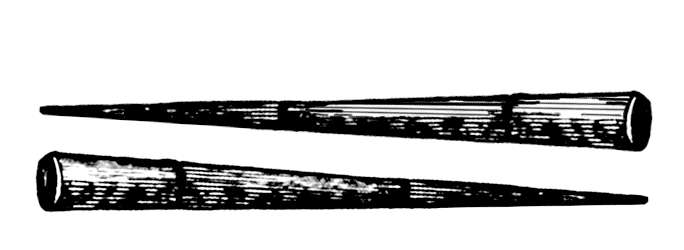




A 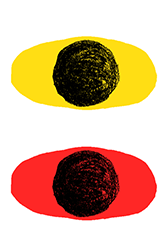

 says: “In the detail lies the exceptionality!”, because here he finds comfort and hope.
says: “In the detail lies the exceptionality!”, because here he finds comfort and hope.
A 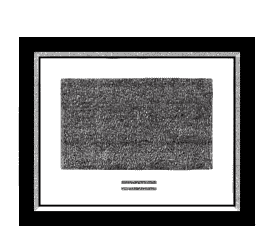
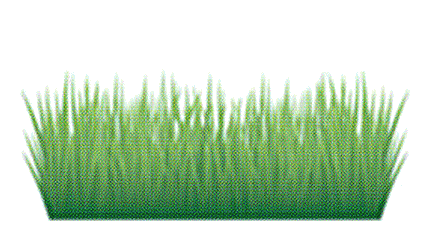
 composer writes from the land of utopia. The utopian dream is the most important stimulator. Realism needs to be reinvented on stage, location, concerts, film or graphic design.
composer writes from the land of utopia. The utopian dream is the most important stimulator. Realism needs to be reinvented on stage, location, concerts, film or graphic design.
Music is a language without grammar.
A 
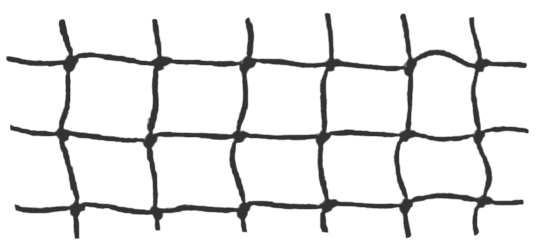
 composer works like a painter. He or she uses only one subject to create the piece with. A
composer works like a painter. He or she uses only one subject to create the piece with. A  digs deep: narrative along its horizontal line is less important than through its vertical line.
digs deep: narrative along its horizontal line is less important than through its vertical line.
Don’t try to create and analyze at the same time. They’re different processes. This is a rule 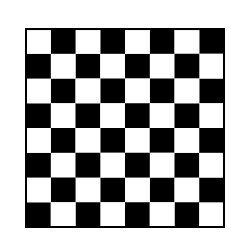

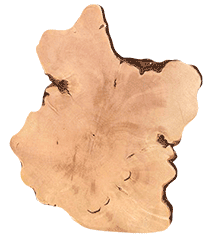 borrows from Sister Corrita Kent.
borrows from Sister Corrita Kent.
For all musicians of 
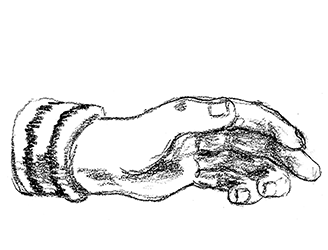
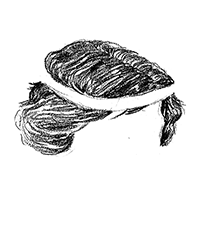 : the inside of the music makes the outside sound good. Monk once reflected on that matter, and so will we.
: the inside of the music makes the outside sound good. Monk once reflected on that matter, and so will we.
Strings are of the most beautiful instruments ever made.


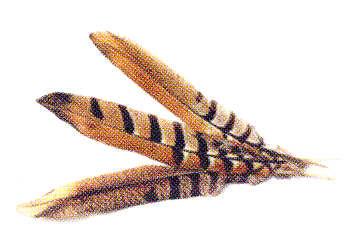 musicians should stop playing the score, they should play the music.
musicians should stop playing the score, they should play the music.
A 
![]()
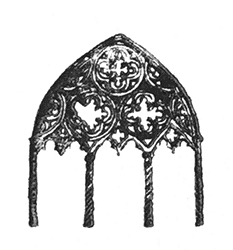 always breaks rules.
always breaks rules.


 uses real-life locations in nature as an inspiration for his compositions.
uses real-life locations in nature as an inspiration for his compositions.
A 

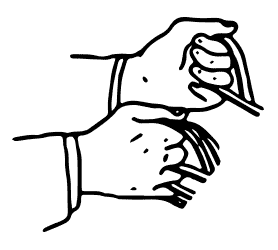 finds inspiration and comfort in science and nature elements. Both elements are larger than a human being. It is always good to point at the mountain to see where you stand.
finds inspiration and comfort in science and nature elements. Both elements are larger than a human being. It is always good to point at the mountain to see where you stand.
A 
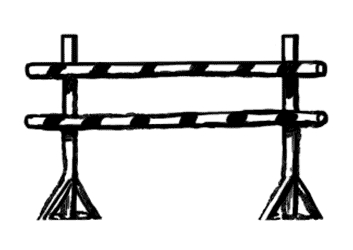
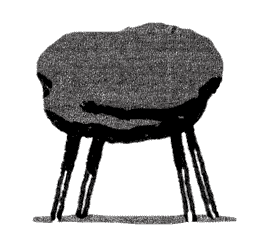 never ignores history. Better yet: he reflects on it. He looks at history as a flying brown owl upon his territory, seeking and reflecting.
never ignores history. Better yet: he reflects on it. He looks at history as a flying brown owl upon his territory, seeking and reflecting.
A 

 wants to hop over fences and stride through tunnels to escape from the city via the land to the sea.
wants to hop over fences and stride through tunnels to escape from the city via the land to the sea.
Musically, 
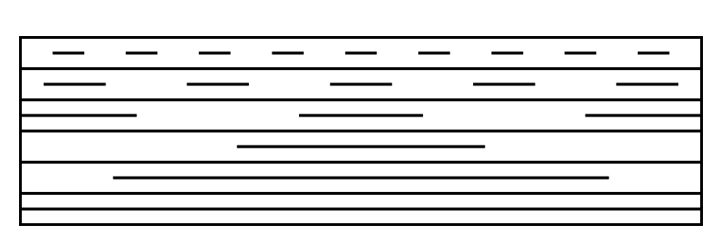
 favors baroque and renaissance music, 20th-century contemporary classical music, pop and electronic music. A
favors baroque and renaissance music, 20th-century contemporary classical music, pop and electronic music. A  thinks favorites should always change.
thinks favorites should always change.
Music is the motor of 

 .
.
A 

 always questions his mentors. He remembers he is always free to turn his back on them — but only does so after long consideration, when the time is right. A
always questions his mentors. He remembers he is always free to turn his back on them — but only does so after long consideration, when the time is right. A  won’t make a personal fuss, and will go in peace.
won’t make a personal fuss, and will go in peace.
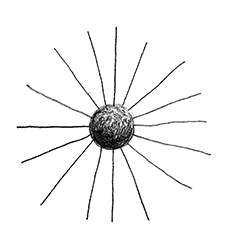

 considers everything an experiment. Music is a holy good, but the ‘creation experience’ can be lighter than you might imagine it.
considers everything an experiment. Music is a holy good, but the ‘creation experience’ can be lighter than you might imagine it.
Music is visual. Music is an image. Embrace the image.
Musicians of 

 should be interested and open-minded towards the creator’s artistic ideas.
should be interested and open-minded towards the creator’s artistic ideas.
A list of might-have-been mentors of 

 :
:
Morton Feldman, Kairos, Bella Tar, Sergei Loznitsa, Alexander Cozens, Johannes Ockeghem, John Cage, David Attenborough, August Sander, Alexander von Humboldt, Alexandar Hemon, Eugène Boudin, David Eagleman, J.D. Salinger, Monteverdi, Ray and Charles Eames, Georges Perec, Abbas Kiarostami and Daniel Johnston.


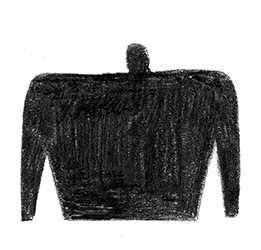 make each other sound good. They use their imagination for every note they play. Every note is equal, always.
make each other sound good. They use their imagination for every note they play. Every note is equal, always.
There are a few practical rules for musicians of 

 (this list will get larger or smaller in the future):
(this list will get larger or smaller in the future):
A 

 believes in the importance of rules.
believes in the importance of rules.
He believes that the smaller the creation street of your workspace, the larger the creativity.
A 

 listens to all sorts of music and all sorts of sounds. Sometimes he should even try to imitate them. He doesn’t like to judge too fast. He doesn’t try to judge at all. He absorbs.
listens to all sorts of music and all sorts of sounds. Sometimes he should even try to imitate them. He doesn’t like to judge too fast. He doesn’t try to judge at all. He absorbs.
Musicians of 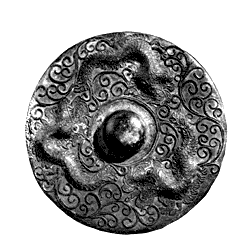

 should play on mountain tops, swim in lakes, play chess or basketball.
should play on mountain tops, swim in lakes, play chess or basketball.
Excerpts from the One Trick Pony guidebook.